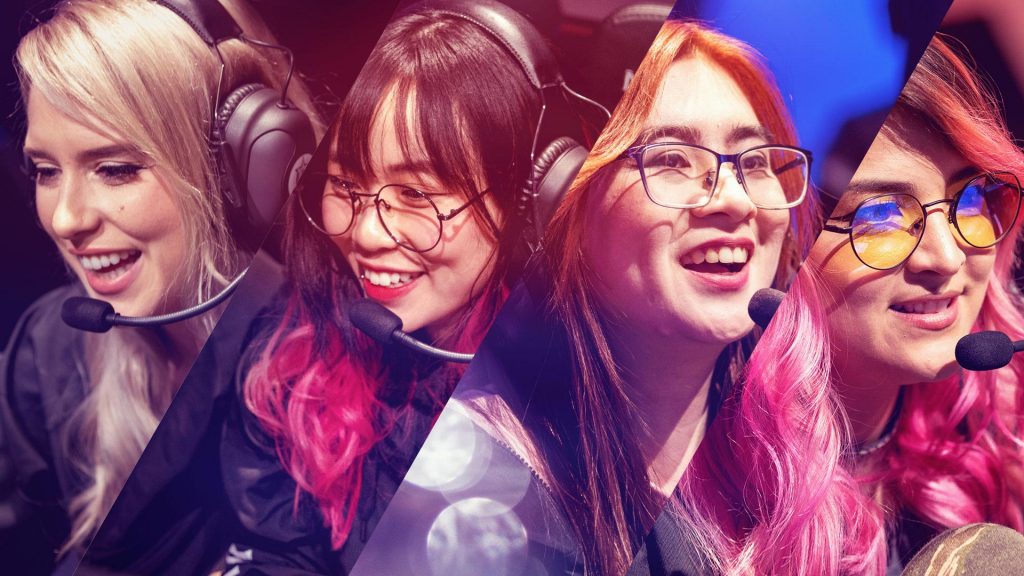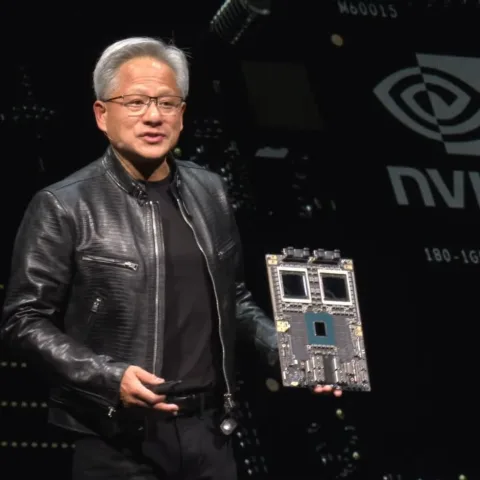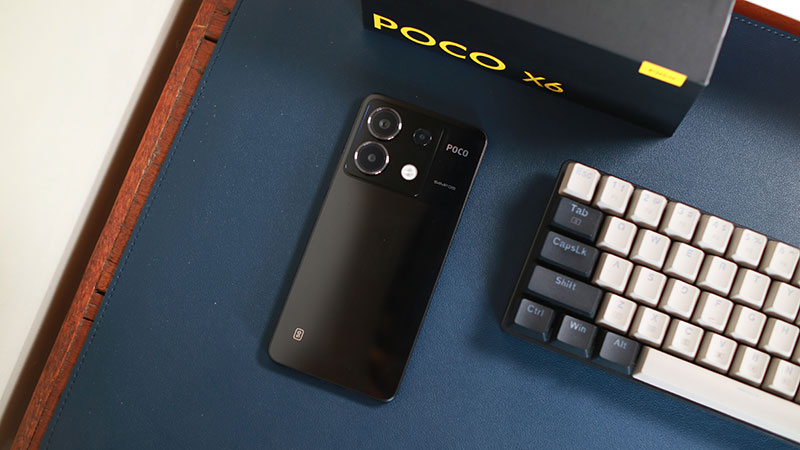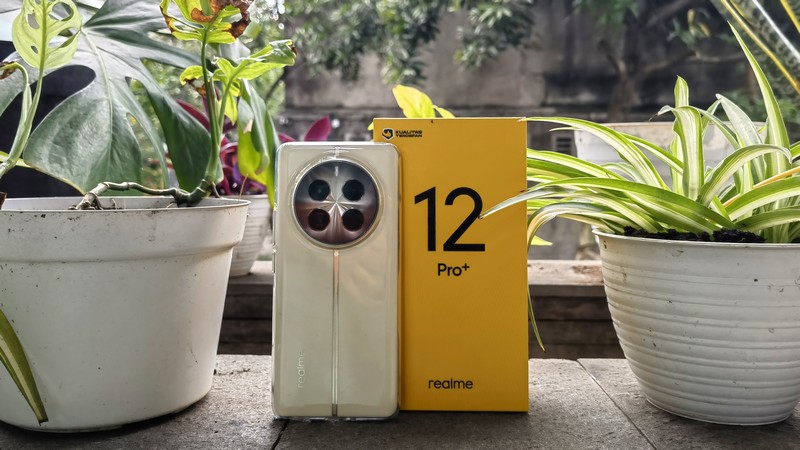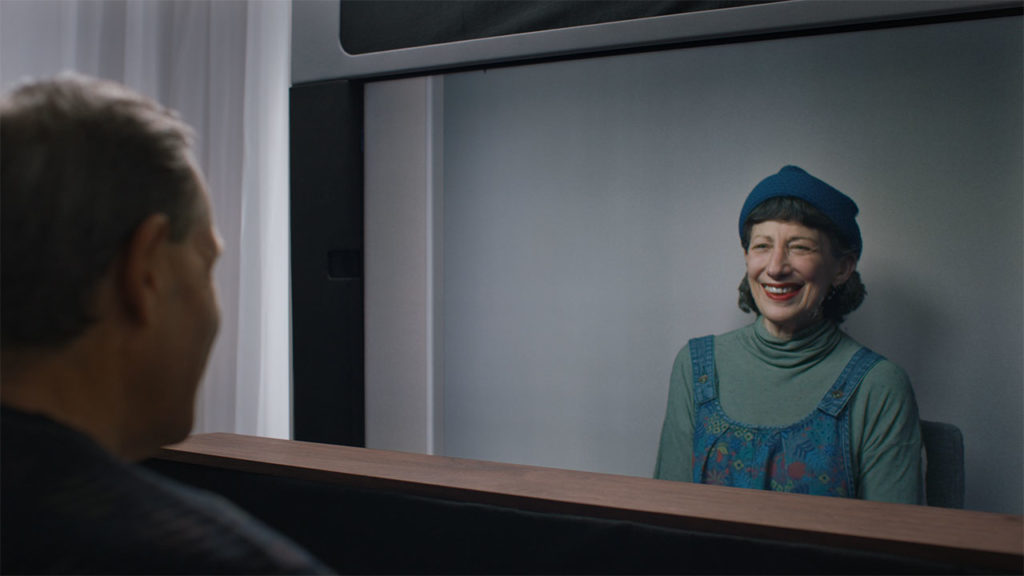Women have the same rights as men and are entitled to equal treatment without discrimination. Even so, it cannot be denied that women are different from men from a biological perspective. Of course, biological differences will affect various aspects of a person’s life, such as natural abilities in sports. Until recently, most sporting events were usually separated by gender.
Female athletes are not competing with male athletes due to the differences in physical abilities between the two genders. What about esports? In competitive gaming, physical fitness is obviously not a determining factor in winning, which means that women can hypothetically compete side by side with men.
Why Are Traditional Sports Separated by Gender?
In sports competitions, being the victor is everyone’s sole goal. However, winning isn’t always everything. The way a person wins is equally important. Therefore, in a prestigious sports competition such as the Olympics, fair play is one of the most upheld values.
“It takes more than crossing the line first to make a champion. A champion is more than a winner. A champion is someone who respects the rules, rejects doping and competes in the spirit of fair play.” – Jacques Rogge
Jacques Rogge was President of the International Olympic Committee from 2001-2013. From the quote above, it is clear how he upholds the spirit of fair play. Another element that is no less important in sports competitions is the level playing field. According to the BBC, the level playing field ensures that all participants compete by the same rules and have an equal chance of winning. By this definition, a professional NBA athlete will not compete against someone who plays basketball as a hobby.
The importance of fair play and level playing field in sports competitions is, unfortunately, one of the reasons why female athletes cannot compete against male athletes in most sports. Physically, men and women are very different. Men generally have greater muscle mass and bone mass. In addition, the fat content in the female body is usually also higher. The body fat content of female athletes ranges from 14-20%, while it is only 6-14% in the average male athlete. Furthermore, adult men also usually have a larger lung capacity. All of this suggests that male athletes will have an advantage over female athletes in terms of sheer physical strength.
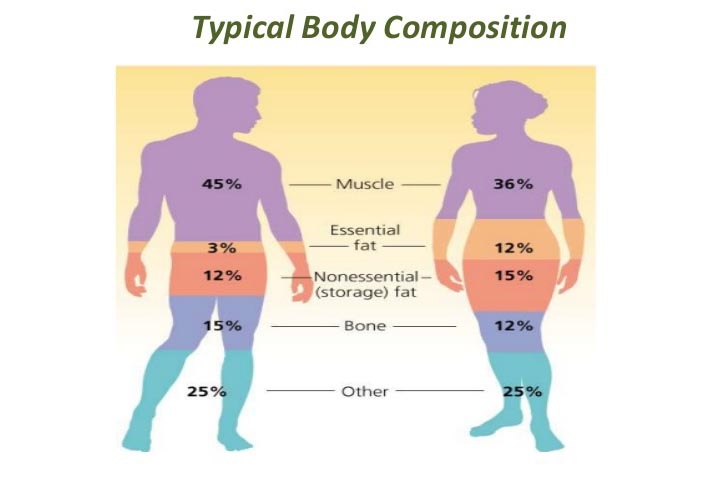
According to a study entitled Women and Men in Sport Performance: The Gender Gap has not evolved since 1983, the performance of female athletes is still inferior compared to male athletes. In the study, researchers analyzed world records in various sports. They also observed the performance of Olympic athletes in five sports categories from year to year. They used data from athletes in 82 Olympics.
Data from the study shows that, on average, male athletes generally perform 10% better than female athletes. Depending on the sports, the difference in performance between male and female athletes may differ. The performance of female athletes is closest to that of male athletes in freestyle swimming, which is only 5.5%. Meanwhile, there is a huge difference – around 36.8% – in the abilities of male and female athletes in weight lifting.
“Men and women are physically different. Usually, the difference occurs in raw strength,” said Andy Lane, a sports psychologist at the University of Wolverhampton on How We Get to Next. Indeed, in certain sports – especially those that involve aerobic stamina like long-distance running – female athletes can outperform men. Fortunately, not all sports compete solely with the athletes’ physique. Several sports, such as esports, prioritize other aspects of human capabilities.
What Are the Factors That Influence the Performance of Esports Athletes?
Gender or physical conditions do not really matter in scope of esports, and almost anyone can play games. For example, Rocky Stoutenburgh, also known as RockyNoHands, managed to become a streamer on Twitch even though he could only move his head because he was paralyzed from the neck below. Of course, that doesn’t mean everyone can become a world-class esports athlete, like Johan “N0tail” Sundstein from OG or Made Bagas “Zuxxy” Pramudita and Made Bagus “Luxxy” Prabaswara from Bigetron. In fact, the chance of someone being a successful esports athlete is only 0.0001%.

Indeed, physical fitness is not the primary measure of the ability of an esports athlete. However, there are still some skills that one must master in order to become a well-known professional player, one of them being sensory-motor skills. Sensory ability is related to the ability to transmit information received by the five senses to the brain, while motor ability refers to the ability to quickly send instructions from the brain to other organs, such as the hand. Sensory-motor skills are important because they affect how quickly a person can process what he sees on the screen, make decisions about what to do in response to the stimuli, and execute the decisions he makes by operating a gaming device, such as a mouse, gamepad, keyboard, or smartphone.
Other abilities that an esports athlete must be proficient at are spatial awareness or visual-spatial abilities, which include the skill to read maps and knowing the position of objects (stationary and moving) around them. Spatial abilities also include a person’s skill to predict and anticipate the movement of objects or actions from other players. For example, when you are about to shoot a moving enemy, you need to be able to predict where the enemy will move and subsequently compensate for that movement.
In addition to sensory-motor and spatial abilities, tactical cognitive abilities also affect a person’s ability to play games, according to the study titled The structure of performance and training in esports. Tactical cognitive abilities themselves are influenced by various aspects, such as perception, creativity, and the ability to make decisions. The scope of tactical cognitive abilities is also rather broad. As a result, it is usually divided into sections such as memory and concentration, planning, and coping with complex problems. To become a good esports player, one must master all areas of tactical cognitive skills. A proficient esports athlete must be able to pay attention to his/her surroundings, analyze situations, visualize the steps that need to be taken, make decisions, and execute them efficiently.
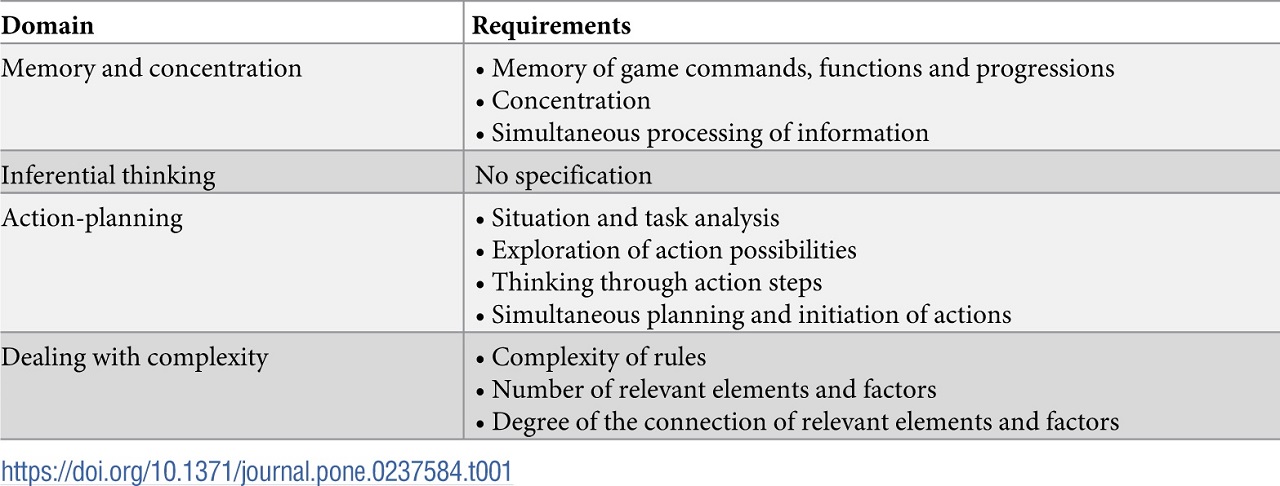
Concentration is another aspect that is equally important for esports players. For sports athletes, the ability to concentrate for long periods of time is a critical skill to have. In traditional sports, players usually have time to rest (during timeouts or half-time), while esports competitions usually continue for hours with no pauses.
Social skills – such as communication and collaboration skills – also affect an esports athlete’s performance. A professional esports athlete must also control his/her emotions throughout a match. This target is not by any means easy to achieve, given the mental pressure that top esports athletes, just like Olympic athletes, have to face. A person’s failure to control their emotions in a match – such as feeling tilted or angry about making a mistake – can very likely deter their performance.
Differences in Cognitive Abilities of Men and Women
Although the esports industry can be much more inclusive than traditional sports, it is still undoubtedly more dominated by men. For example, most professional players are, indeed, males. Some believe that this happens because males are better than females when it comes to playing games. However, is that really the case? To answer this question, I tried to compare the cognitive abilities of men and women based on various studies that have been conducted.
Based on a comparative study titled Cognitive Functions Between Male and Female Medical Students: A Pilot Study, the cognitive abilities of men and women in the follicular phase are relatively equal. However, women who enter the luteal phase of the menstrual cycle will be able to perform executive tasks – tasks that require memory, flexible thinking, and self-control – better than their male counterparts. Unfortunately, women’s concentration in the luteal phase is usually lower than that of men.
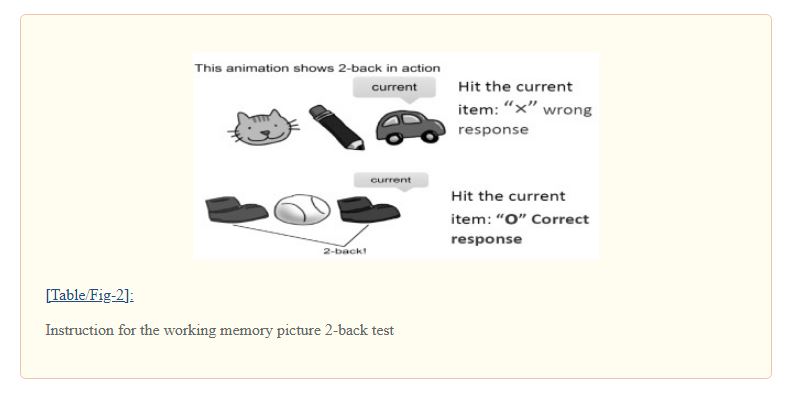
When comparing the abilities of male and female participants, the researchers in this study took into account the menstrual cycles of the female participants as it greatly affects their hormones. There are four phases of menstruation. The follicular phase starts when a woman is menstruating until the ovulation phase begins. On the other hand, the luteal phase is also known as the postovulatory phase or the premenstrual phase. In this phase, the amount of the female hormone progesterone will increase.
The study above is not the only research that looks at the correlation between gender and cognitive abilities. Several other studies also discuss the influence of gender on a person’s cognitive and spatial abilities. A study called Sex/gender differences in cognition, neurophysiology, and neuroanatomy, conducted by Janet S. Hyde, contradicts the results of the previous research. In that study, Hyde tested 124 variables, including mathematical, verbal, perceptual, and motor skills of men and women.
From her research, she found that gender had no significant effect on a person’s performance in 78% of the variables. Gender only has a significant effect on a person’s motor skills, such as throwing speed. The study also found that men scored higher on tests related to 3D object rotation, which is often associated with higher IQ and better STEM (Science, Technology, Engineering, Mathematics)-related abilities. The results of this study reinforce the assumption that men have better mathematical and spatial abilities, while women are considered to have better verbal skills.
However, recent research shows that women’s and men’s spatial skills are not that different. The research was conducted by Dr. Mark Campbell and Dr. Adam Toth from the Lero Esports Science Research Lab using the latest eye-tracking technology. They found that the male participants’ spatial cognition test results were no better than the female participants, especially in the object rotation test.
“So males are better than females? Well no, actually. Our study found that there is no male advantage in mental rotation abilities,” said Toth, as quoted by Technology Networks. “By lengthening the time allowed to complete the test, the male performance advantage diminished entirely suggesting that the so-called sex difference in mental rotation is simply not there or may be explained by other factors.”
Conclusion
Researchers have conducted various studies to determine the effects of gender on various aspects of a person’s abilities, such as cognitive skills. Unfortunately, not all studies provide the same results. Some studies mention that males have superior cognitive abilities, which suggests they can play better at games, while others concluded that the mental capabilities of women and men are not that different.
Unfortunately, there is currently no study that directly investigates the correlation between gender and video game skills. After all, the esports industry is still relatively new and young, which may hinder existing research to gather data and arrive at conclusive results. However, one thing is for sure: playing video games is an activity that can be done by anyone, regardless of gender, physical ability, and economic status.
Translated by: Ananto Joyoadikusumo

